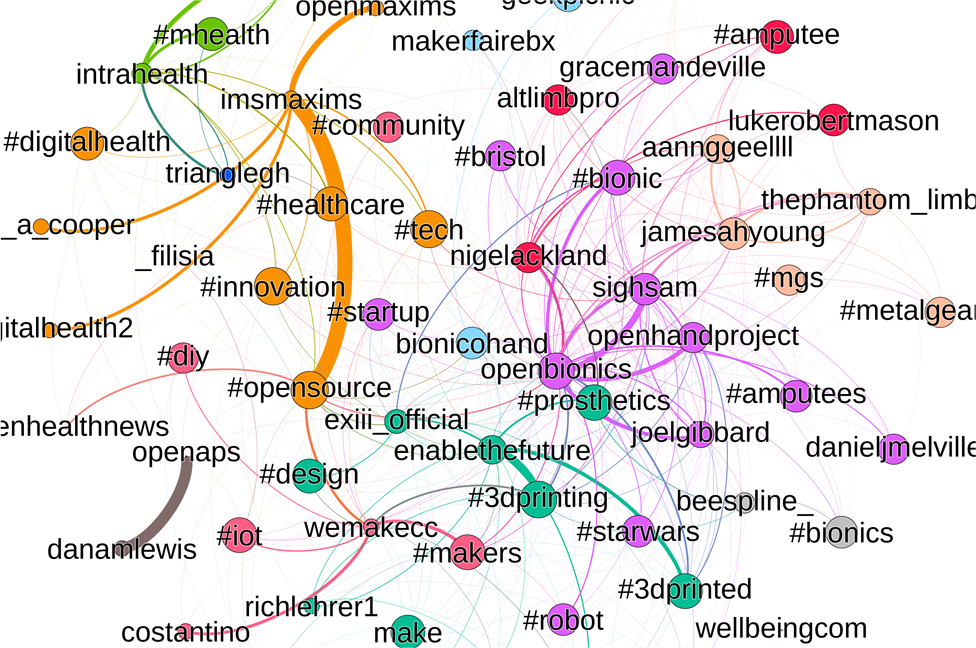I bring technical knowledge and academic rigour to user experience research and service design.
I love bridging across cultures and specialisms, my divergent background has helped me to make unique contributions in settings ranging from startups, to academic research to working at Google.
- Data analysis & AI - Python/Jupyter Notebook (Pandas, Sklearn, etc.) SQL, LangChain (SeeGitHub page)
- Research skills - Planning and executing research projects, in-depth user interviews, focus groups, concept testing, service mapping, running design sprints.
- Written communication & research - literature & policy reviews, writing for academic, business and user-facing settings.
- Technical project management - reviewing technical designs, managing Google Cloud Platform projects, managing agencies delivering technical projects.
- Prototyping - Python, Front-end development and Figma.
Summary Employment History
Selected Projects
For a detailed portfolio of my most recent work, please contact me at jimmytidey@gmail.com.
How have Low Traffic Neighbourhoods ignited a culture war on Twitter?
Many cities across the UK are implemetning Low Traffic Neighbourhoods - roads closed to through traffic. It's been a devisive issue, I used the LocalNets software I developed in PhD to analyse the discussion on Twitter.
The project was picked up by Forbes, and led to research projects with two sustainable transport advocacy organisations: Sustrans in the UK and People for Bikes in the US.
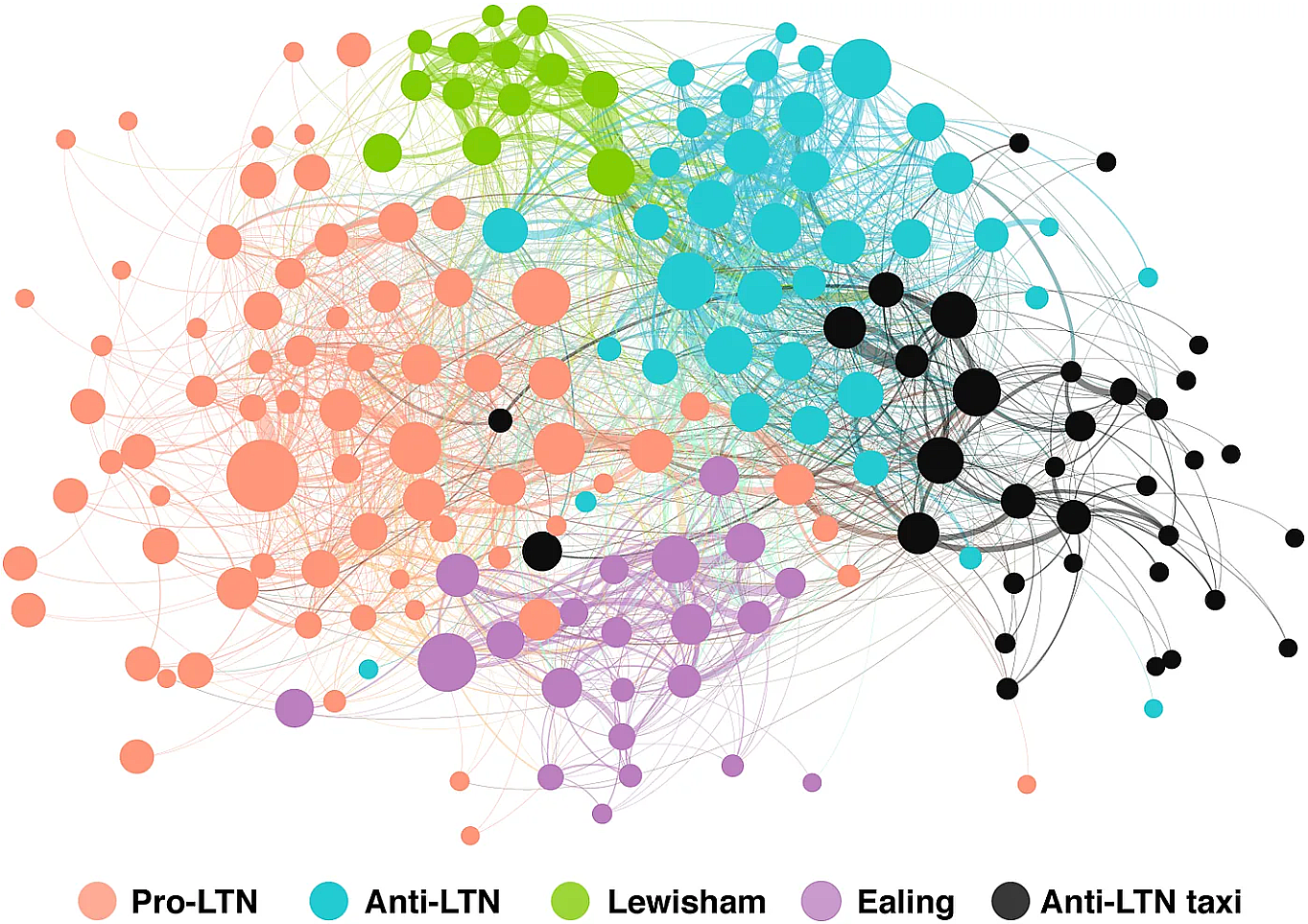
LocalNets / Design Research PhD
Localnets is a Twitter analytics tool designed for use by local government institutions. I developed Localnets in the course of my PhD, using Mongo, Node & the Neo4j graph database.
It has been piloted with NHS Birmingham Clinical Commissioning Group, the RSA, the Department for Communities and Local Government, DemSoc, the Greenwich Driverless autonomous vehicle trial and in numerous other projects."
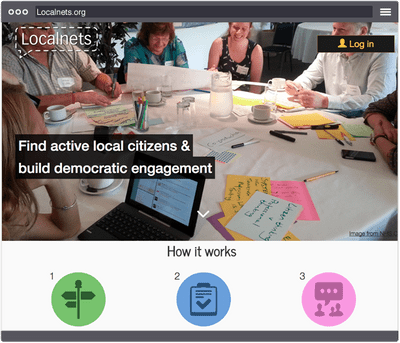
Gale-Shapley Algorithm
The RCA architecture department wanted a method to match students with tutors based on both groups voting on each other. I implemented the Gale-Shapley algorithm, which achieves an optimal matching (for a particular definition of optimal...). Image from XKCD.
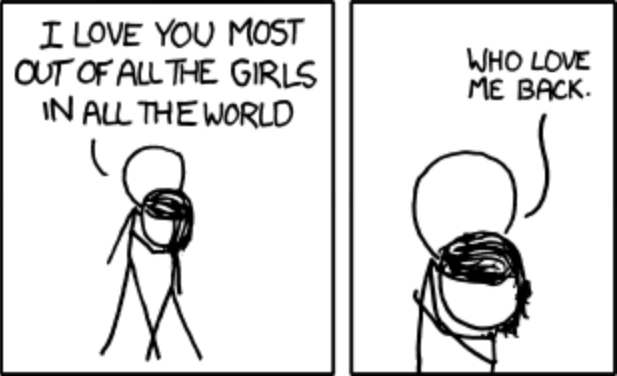
Who Cites
Who Cites is a web app that visualises citation networks for academic publications using Google Scholar.
Developed to answer a personal need, nearly 300 other academics have registered to use the tool.
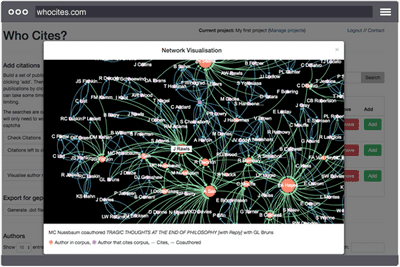
StoryMap
StoryMap was a digital/physical installation developed as part of the Shakespeare in Shoreditch festival. Participants used typewriters to record anecdotes from around Shoreditch and locate them on a semi-fictional map of east London. It featured local Twitter activity drawn from Localnets. Benjamin Koslowski, fellow PhD candidate, led the project.
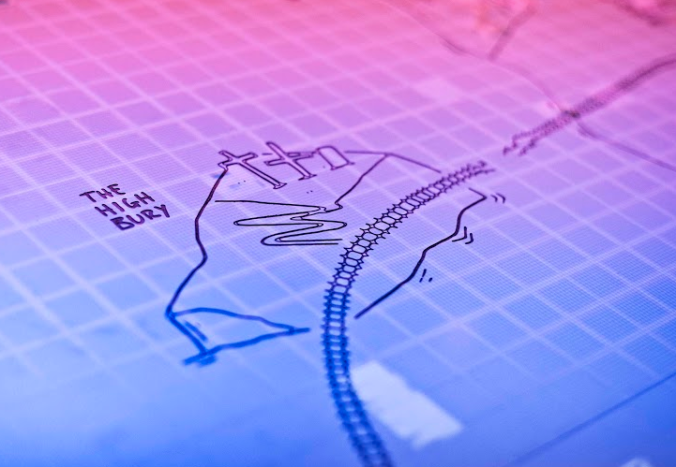
Million Pound Drop
I worked on integrating an online game with Channel 4's Million Pound Drop TV show. It was one of the most successful integrations of its type, on some occasions over 10% of TV viewers were also playing along online.
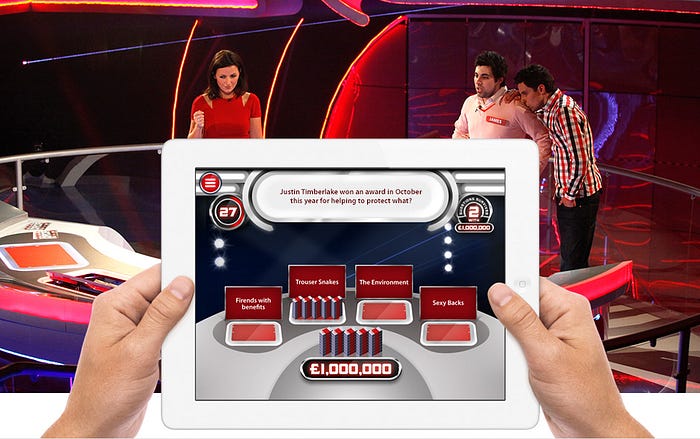
BBC Lab UK
While at the BBC I worked on Brain Test Britain, an online experiment to see if brain training works (it doesn't!) with over 100,000 participants. The work resulted in a paper in the journal Nature and was one of the first psychology experiments carried out on the web.
I also worked on the Great British Class Survey, which generated unique insights into emerging class structures in the UK.
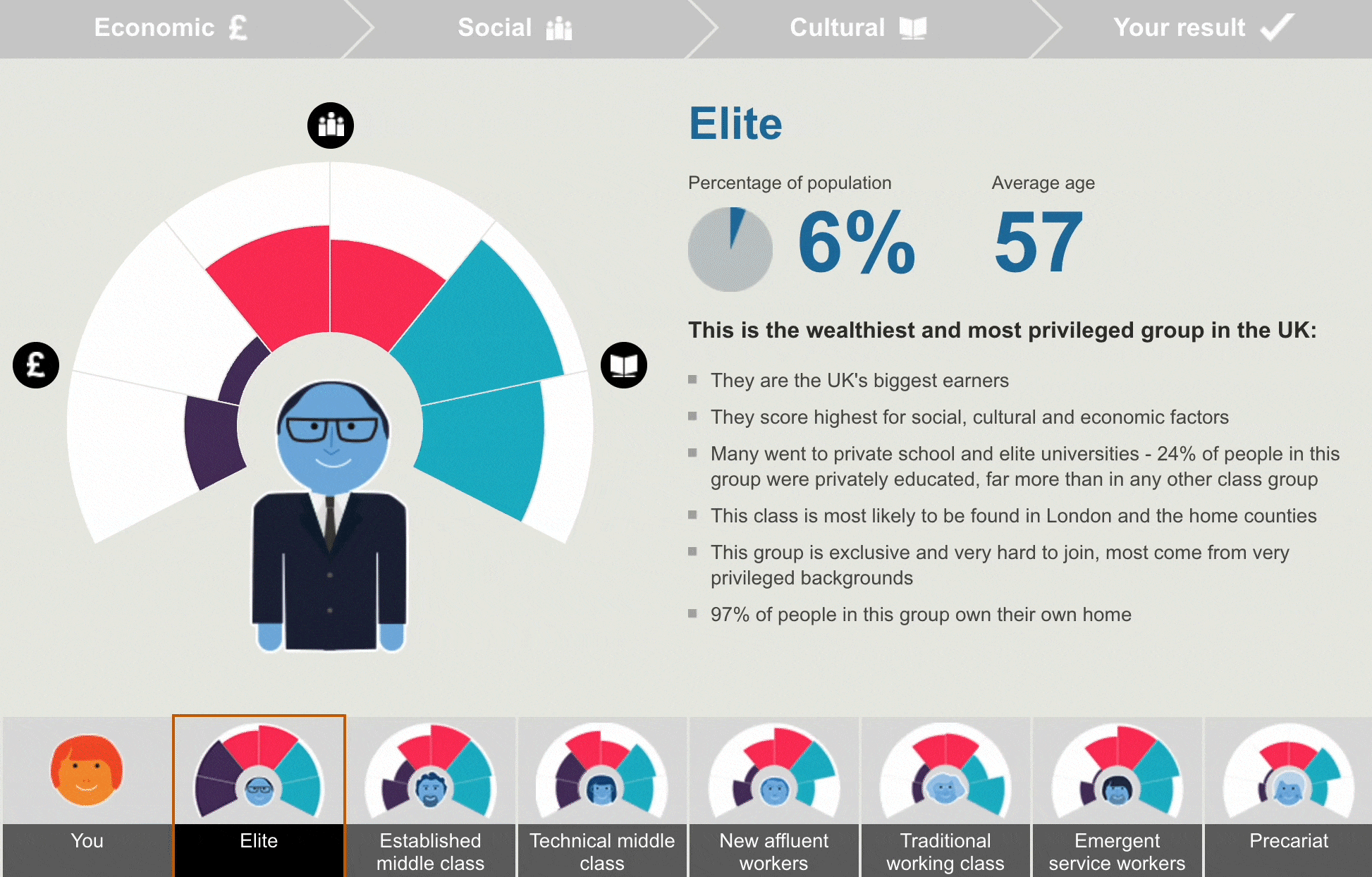
Who Targets Me?
Who Targets Me is a browser extension that collects data about the political adverts people see on Facebook. It was developed in the run up to the 2017 general election to combat ‘dark adverts’. It had over 20,000 installs and has since been deployed in Austria and Germany. It was supported by The Bureau of Investigative Journalism and The Guardian.
I helped the team with communications, writing blog posts and appearing on Radio 4 and BBC World Service to describe the project.
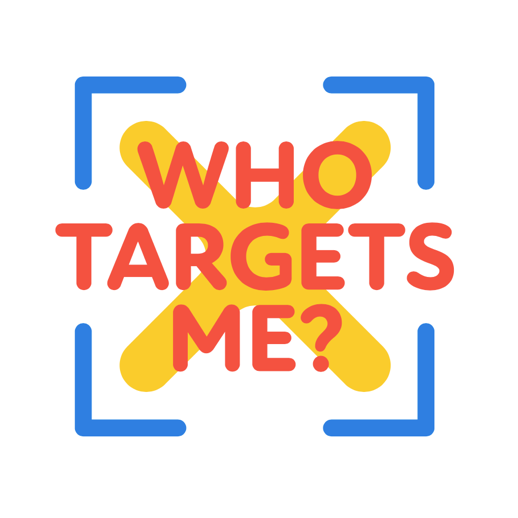
Open Care
The OpenCare report investigated non-traditional healthcare projects. LocalNets mapped Twitter activity around projects developing open source insulin pumps, 3D printed prosthetics & smartphone based healthcare in developing countries.
It contributed to Edgeryders’ (a ‘distributed think tank’) report on open healthcare innovation, commissioned by the EU.
